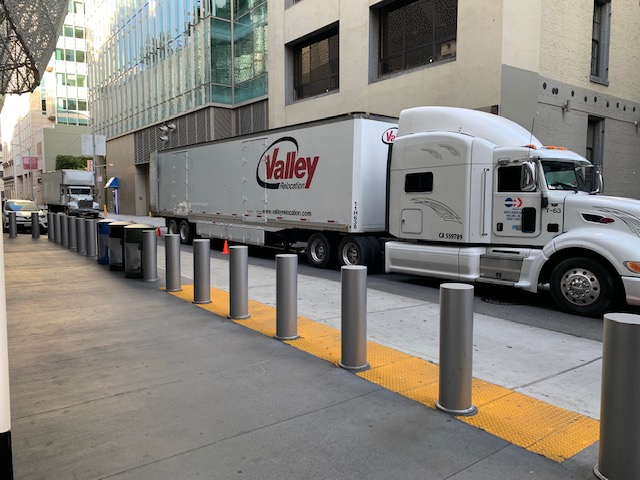Is this your first time being responsible for an office move? If not, how did the last office relocation work out? Your job or your career may not hang in the balance, but your sanity does. Mistakes could put an office out of business for days, losing money. Hapless movers can damage common areas. Documents also could be lost or damaged during the move.

First Step – Ask Questions
Leases make Tenants primarily liable for damage to the common area especially when the moving company is your vendor. So who puts up the padding in the elevators and protects the lobby floors? The mover does or should the property owner? And, are they insured? Definitely take references seriously and ask your property manager what their experience is with a moving company you are considering and what the rules are. This will ensure your move out won’t hold up the return of your security deposit or the move in won’t set a poor first impression with the ownership.
The Good Ones Always Have a Plan
Professional moving companies promise reduced stress in organizing everything. The good ones have a plan and know how to communicate it. Where will the moving trucks park while loading and unloading? Are elevators reserved? Does the building have restricted hours and rules related to moving?

Usually your real estate agent closes the transaction (and their eyes) then comes back to visit after the move. Our friends at Valley Relocation have provided a move checklist that can not only help organize the move but help you ask some really good questions to hire a moving company (click here (Office Moving Instructions).


Don’t be a Hero
If your organization has over twenty employees, we strongly recommend engaging a professional project manager to coordinate hiring all of the vendors for the office relocation, manage the construction of the tenant improvements, and help procure the furniture. The extra cost will save time, frustration and unnecessary expense; not to mention your sanity. (Click here for Colliers Project Management for Tenants)




